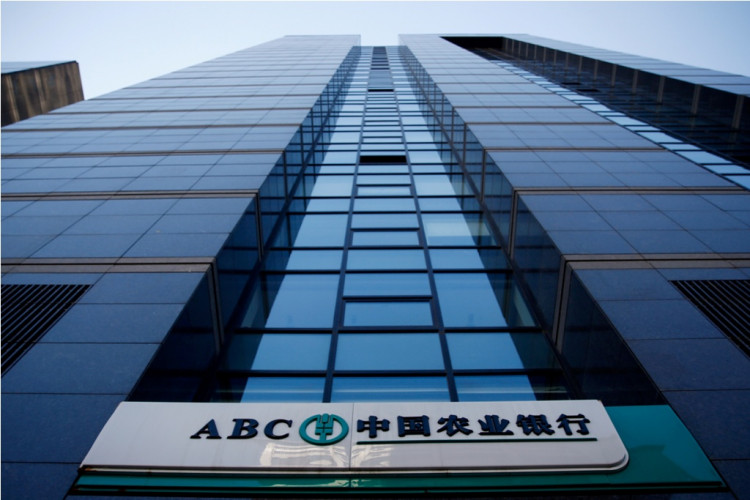China's State Council has started cutting down on fees and tariffs amounting to a total of RMB 300 billion or $45 billion this year. The move is part of the country's pledge of opening up the market to investors and business people.
According to China Briefing, the State Council started slashing rates on a vast array of utilities and bureaucratic fees. The council said slashing fees and tariffs will help ease financial burdens for commercial and industrial businesses.
The cuts include utilities for commercial firms, broadband service rates, mobile internet rates, real estate registration, ownership registration, trademark use, airline firm payments to aviation funds, water conservation and construction, and existing fees on national cultural programs.
As for tariffs, the State Council confirmed cuts for two product categories. In the first category, cuts will be imposed on magazines, computers, furniture, books, food and drinks, and drugs. For the second category, the goods include sporting equipment and textiles.
Analysts said China's move is aimed largely at helping companies ease financial troubles that could come with a slowing economy. It is also expected that power and internet cuts will have more tangible benefits for enterprises that qualify for the reforms.
The fee and tariff cuts came amid reportedly improving trade talks between China and the United States. Both countries have slapped tariffs on various products and this has led to some difficulties in manufacturing sectors.
Late last week, sources close to the situation revealed that Beijing is deliberating on the possibility of transitioning some tariffs from agriculture products to other goods in the list. One insider told Bloomberg that the Chinese government's consideration of this matter could be an easier way to meet a proposal relating to U.S. agricultural goods.
If other tariffs on agricultural products are moved to other goods, analysts are expecting to see higher tariffs on aircraft engines, chemicals, semiconductors, and other goods within this category.
U.S. Treasury Steven Mnuchin said China and the United States "hopefully getting very close to the final round." He reiterated that the White House is willing to take on "repercussions" should it fail to live up to its word on trade deal proposals from the U.S. delegation.
Over the past few months, China has lived up to its commitment of opening up the massive Chinese market to foreign investors and business people. Deputy Governor of the People's Bank of China, Chen Yulu, recently confirmed that the country will improve its opening-up scheme in the finance sector.
Chen said the Chinese government continues to work with financial institutions, both local and foreign-owned, in efforts to provide an improved finance environment based on consistency and transparency.





